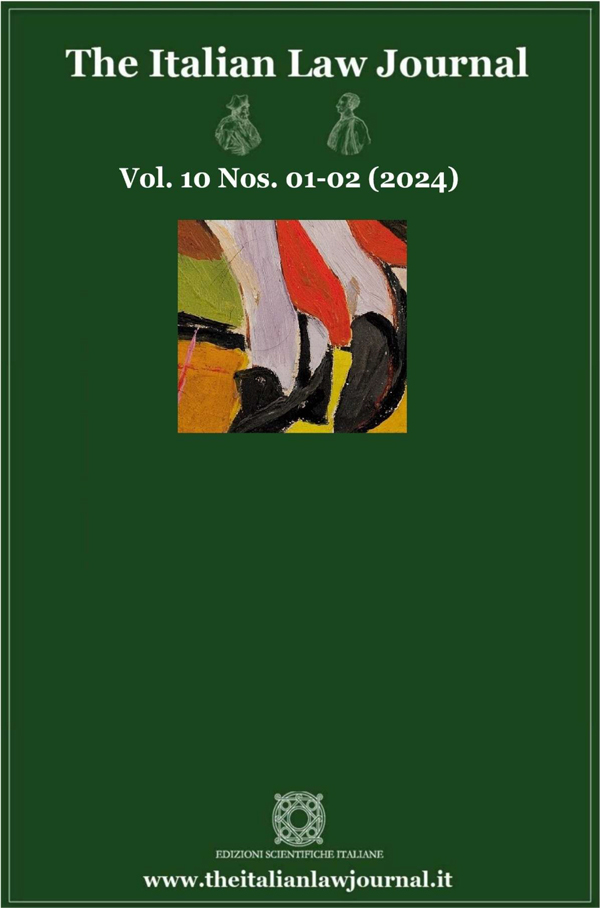3 THE ITALIAN LAW JOURNAL NO. 1 (2017) Horizontal Effects of Constitutional Rights in the Internet: A Legal Case on the Digital Constitution by Gunther Teubner This article discusses whether websites criticizing the environmental policies of multinational enterprises are protected by horizontal effects of human rights and develops three theses:
(1) The third-party effect has so far been configured in an individualist perspective only, as balancing individual constitutional rights of private actors against each other. However, in order to deal with massive structural conflicts within society, constitutional rights in private relations have to be reformulated in their collective-institutional dimension. In the digital world, this means that not only individual rights of the users need to be protected but that, much more broadly, there needs to be an institutionalization of a digital public sphere.
(2) Instead of being limited to the protection against power in society, which is equivalent to the power of the state, constitutional rights must reach much further and need to be directed against all communications media with expansive tendencies. In the digital world this means that the dangers for constitutional rights do not stem only from the economic power of Internet intermediaries, such as Google, Facebook and Amazon, or from the Internet governance structures, but from the very digital operations themselves.
(3) Contextualising constitutional rights ought not to be limited to adapting these rights to the particularities of private law. It must go further and take into account the particular normative structures of the autonomous social institutions that are at risk. In the digital world this means that the attention should focus on the specific danger that the digital code itself produces for the public sphere.




























